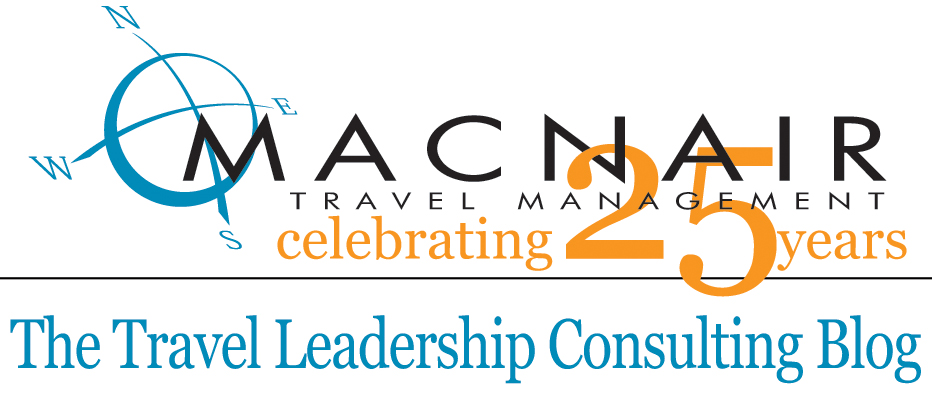MacNair implemented a flexible, comprehensive travel program. It included a dedicated travel consultant. This consultant facilitated reservations, reported to the Chamber travel VP, Corporate Programs, and enforced newly established travel policies and procedures. With the Chamber, MacNair also leveraged the USCOC’s travel volume to secure discounts and benefits from key suppliers. What’s more, MacNair developed a reporting system allowing each department head to view exactly the choices employees made at the point of sale compared to the lowest available fare offered by MacNair’s service team. With the full endorsement of the Chamber’s President and CEO, MacNair announced the new travel program to a nationwide staff. MacNair’s team met with groups of travelers and schedulers to make them comfortable with the new relationships and to inform them of plans to consider published, web, low-cost carrier, and tour/consolidator fares.
The real success here was and still is the savings the USCOC received through directing travelers to better buying decisions (within reason) and leveraging the supplier deals negotiated. With the Chamber’s travel team and Under MacNair’s leadership, USCOC’s average ticket price dropped 22 percent from $591 in 1997 to $459. The Chamber purchased 1,700 tickets that year; extrapolated, MacNair saved the Chamber $132 per ticket — or $224,400 annually.
What’s more, under MacNair Travel Management, the USCOC has reduced hotel and car rental costs by 10 percent, developed powerful preferred supplier relationships that deliver time and money savings opportunities, eliminated unnecessary trips, offered its staff on-line and full-service 24/7 reservation opportunities, developed a system to monitor spending to change behavior consistent with company policy, and increased staff productivity. And today, MacNair and the Chamber continue to market and evolve the travel program together, always looking for improvements and efficiencies. Online opportunities have expanded, programs to enhance safety and security are being enhanced, and mobile tools are on the rise.

